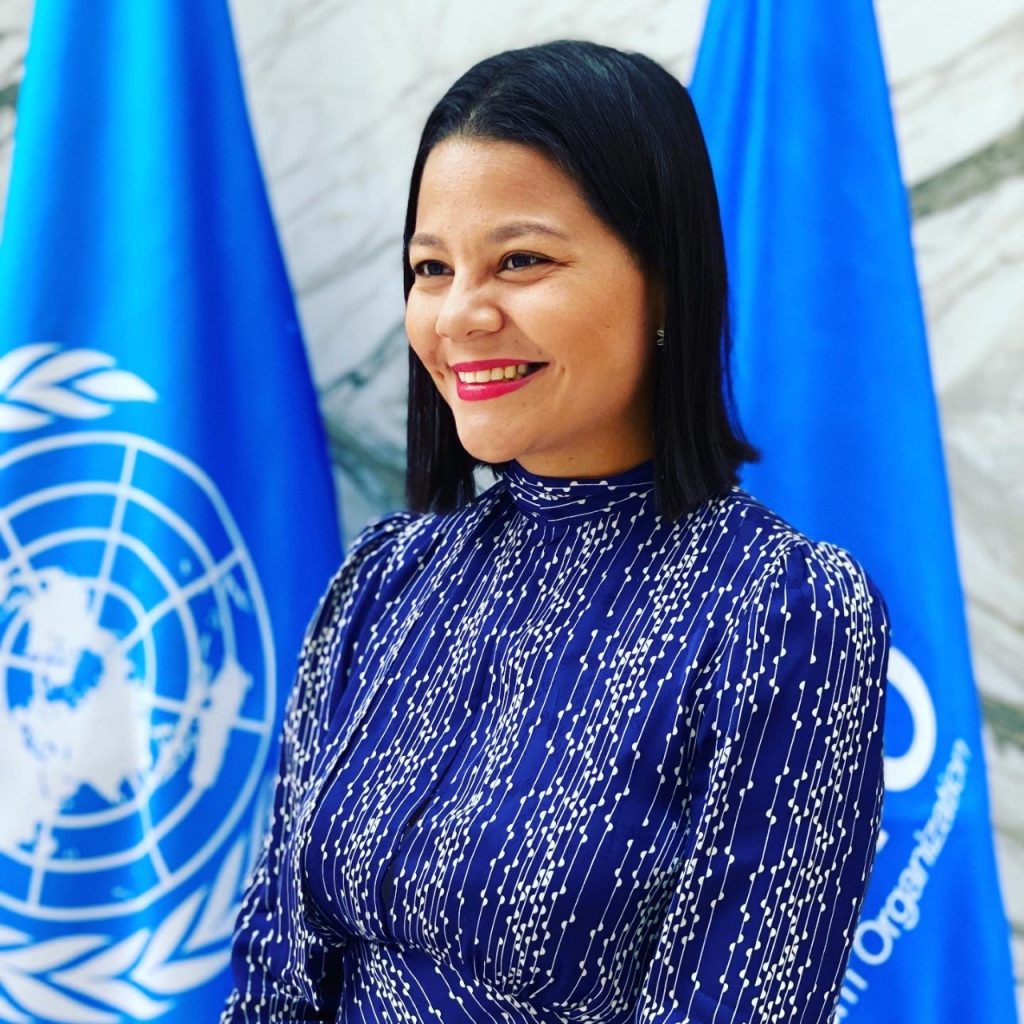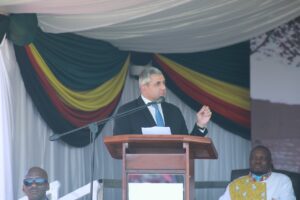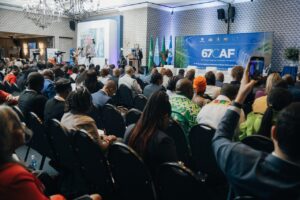The year 2020 taught us that the words innovation, sustainability and inclusion must be part of the tourism model that we must promote when we can travel proactively again. I would start by saying that just in 2020, tourism faced a world where 100% of international borders were closed, with more than 100 million tourist jobs remaining at risk and a drop of almost 80% in international travel. This is the situation in which the most human of all economic sectors now finds itself.
The challenge of restarting tourism is an enormous one. We must begin by encouraging government coordination in the opening of international borders by sharing common guidelines for action and by approving the implementation of digital tools that, through blockchain and interoperability, safeguard the rights of users as the sole beneficiaries.
However, despite the challenges, there is great optimism when it comes to innovation, education and investment.
In terms of innovation, travel tech startups have not only been growing but are also proactively becoming recipients of venture capital.
Proof of this is that during 2020, we received entries from more than 10,000 startups from over 150 countries in UNWTO-led global competitions. Thanks to the constant connection with investors, we have supported them in raising more than USD 74 million to ensure their growth, and more than 1,000 of them have successfully created pilot projects with corporations such as Google, Globalia, Amadeus, Amazon, MasterCard among others.
Overall, I can say that venture capital has invested USD 455 billion in the tourism sector between 2010 and 2019. In these times of COVID-19, this type of investment has remained stable, with slight growth reaching USD 22 billion. The big question is: Where is startup creation concentrated and where do the investments go? The answer is easy: The creation of tourism startups is concentrated in the United States, China, Israel, Portugal, Spain, France and Canada. Although 57% of startups are created in Europe, 80% of investments are directed towards startups established in China and the United States.
How can we recover tourism jobs in tourism, the sector that employs the more number of young talented minds and women in the world?
We certainly have to work to strengthen the culture of innovation, where at least 10% of the investment capital go to different regions so that innovation-intensive entrepreneurs can scale up, internationalize and bring value-added employment to tourism.
We are still in time! If we want to consolidate an innovation ecosystem as the key to tourism recovery, here are some of the projects that we are leading inside the UNWTO. I am truly convinced that through them and with the public-private collaboration we can do it:
1. Strengthen SME digitalization programmes where startups can provide technology services to the extensive business fabric that generates employment in tourism. At the World Tourism Organization, competitions for startups and connecting them with investors and SMEs will be priorities.
2. Promote the development of startups focused on Sustainable Development Goals. More than 50% of tourism investors have said they would continue to invest in the sector and prioritize entrepreneurs who focus on sustainability, climate change, governance and social impact. If we can get the more emerging startups that apply to UNWTO’s innovation programmes to access this capital, we will achieve impact, leadership and diversification in the regions where investors are consolidated.
3. Strengthen digital education. Here I have to give a THANK YOU to my Eisenhower Fellowship, a programme that opened my mind to create my personal goal for this year: a new programme for SMEs and startups, “Tourism for Tomorrow”, whereby in partnership with the best universities and large technology companies, tourism SMEs will be able to prepare for their reopening with education, access to digital tools and a mentor to guide them to become stronger and more modern companies. My idea is to have more than 500,000 SMEs digitalized in 2022.
4. More and more digital education. Tourism is a great employer of young people and women. 28% of tourism startups are led by women. However, 50% of them only have secondary education skills. To accelerate change and train new leaders and future entrepreneurs, creating rapid learning courses will help us close that gap and certify the largest number of people working in the sector. The UNWTO Tourism Online Academy powered by IE University will seek to train more than 30,000 young people this year.
5. And once you have studied or have ventured into entrepreneurship… connection to employment! UNWTO Jobs Factory will be launched in order to connect potential employees of the sector with the millions of value-added employment opportunities that will be generated in restaurants, hotels, travel and tourism! And this development would—as it should—be supported by a scale-up to motivate talent.
As my dear compatriot, Gabriel García Márquez says, “life is but a continuous succession of opportunities to survive”.
The recovery of tourism is the responsibility of each and every one of us. In innovation, sustainability, and inclusion we will find a model where the conscious tourist is a customer who will come to stay.
Author:Natalia Bayona- Director of the Innovation, Education and Investments Department World Tourism Organization (UNWTO)
Natalia Bayona leads the innovation, education and investments strategy of the World Tourism Organization (UNWTO), the United Nations specialized agency for the promotion of responsible, sustainable and accessible tourism worldwide.








